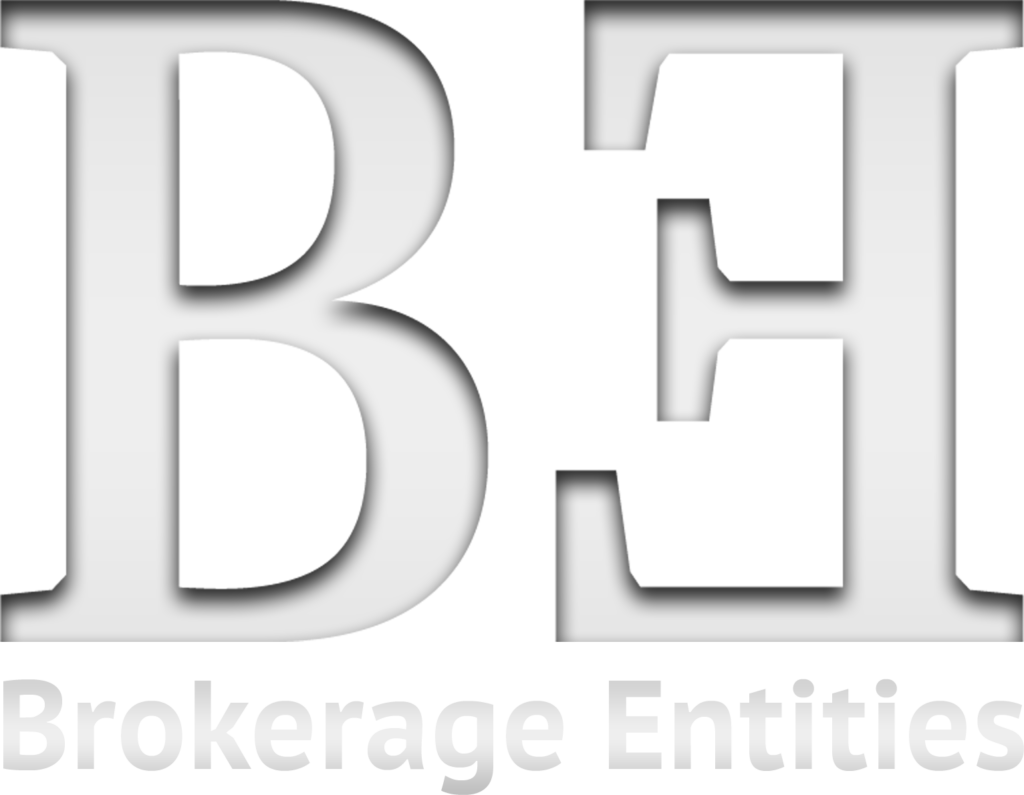The 7th annual Energy Trading Enforcement Forum (ETEF), held on the 3 December 2024 in Ljubljana, brought together over 75 participants from the EU Agency for the Cooperation of Energy Regulators (ACER), the European Securities and Markets Authority (ESMA), energy National Regulatory Authorities (NRAs), and financial National Conduct Authorities (NCAs) to enhance regulatory cooperation in energy and financial markets.
Regulatory framework and cooperation
Regulatory oversight of potential market abuse of the trading in energy and financial products falls under two EU regulatory frameworks, namely the EU Regulation on Wholesale Energy Market Integrity and Transparency (REMIT) and the Market Abuse Regulation (MAR).
The ETEF is a key platform where energy and financial regulators and the two EU Agencies (ESMA and ACER) meet annually to share experiences on their supervisory activities and enforcement actions to better protect EU consumers and businesses from energy market abuse.
Revised REMIT, market abuse cases and Artificial Intelligence (AI) top the agenda
A key focus of the 7th annual ETEF discussions was on the enhanced REMIT regulatory framework. The revised REMIT Regulation (which came into effect on 07 May 2024) introduces new measures to better protect the EU citizens and businesses from energy market abuse.
It brings a closer alignment of the EU definitions and provisions for transparency and integrity of energy markets with those in the financial markets.
It grants ACER new investigatory and enforcement powers in certain cross-border cases.
Furthermore, it calls for a reinforced cooperation between energy regulators and financial regulators, strengthening their ability to detect, prevent, investigate and enforce the prohibition of market abuse in energy markets.
This year’s ETEF also consolidated the cooperation principles for market abuse cases which simultaneously fall under REMIT and MAR (i.e. cases involving wholesale energy products which are also financial instruments). Such cases need close cooperation to ensure effective enforcement among all national and European authorities involved.
The growing role of artificial intelligence (AI) in energy and financial markets’ trading was also a major topic of interest, together with the sharing of regulatory experience in detecting and investigating the most common types of market abuse.

